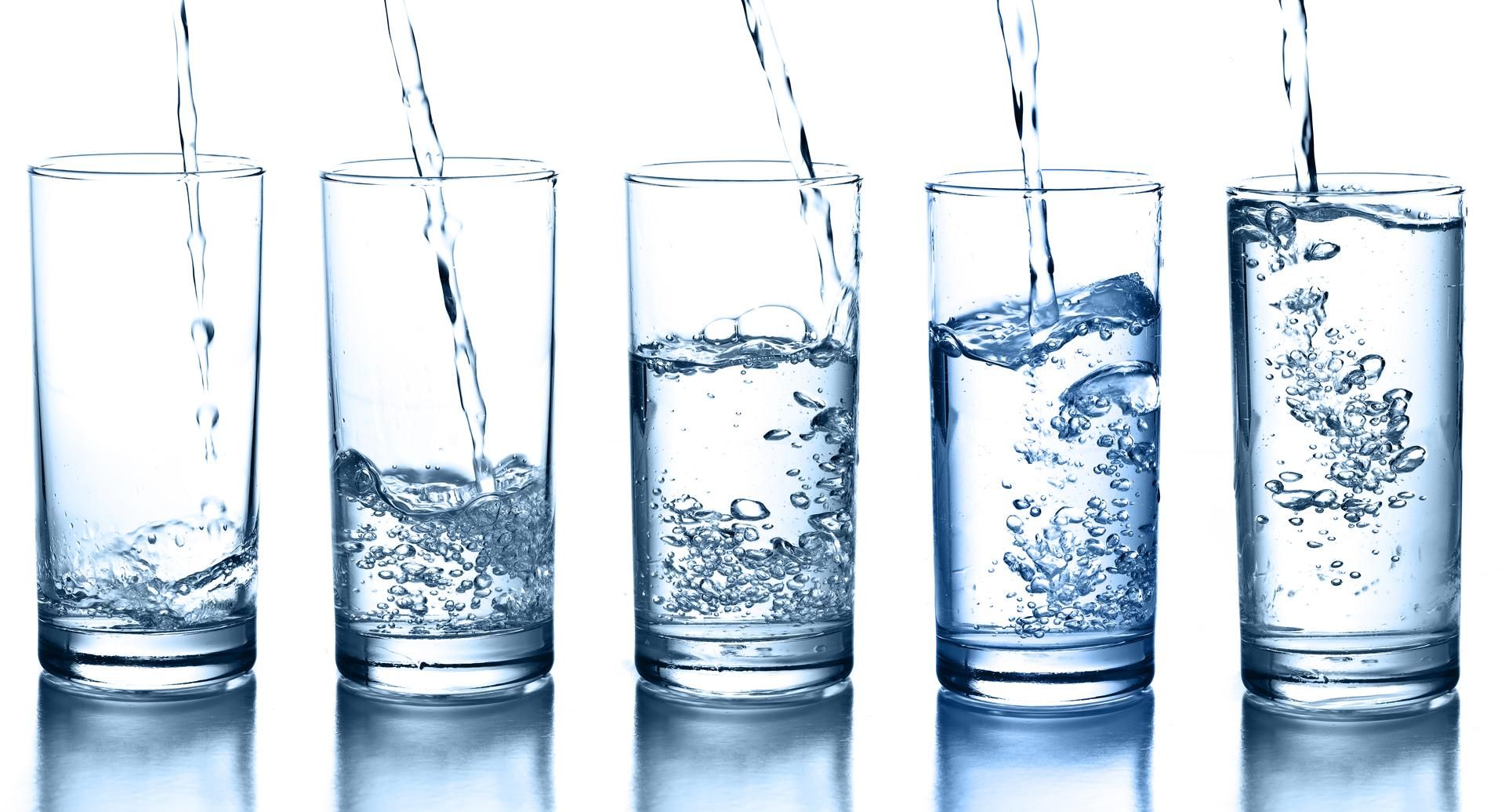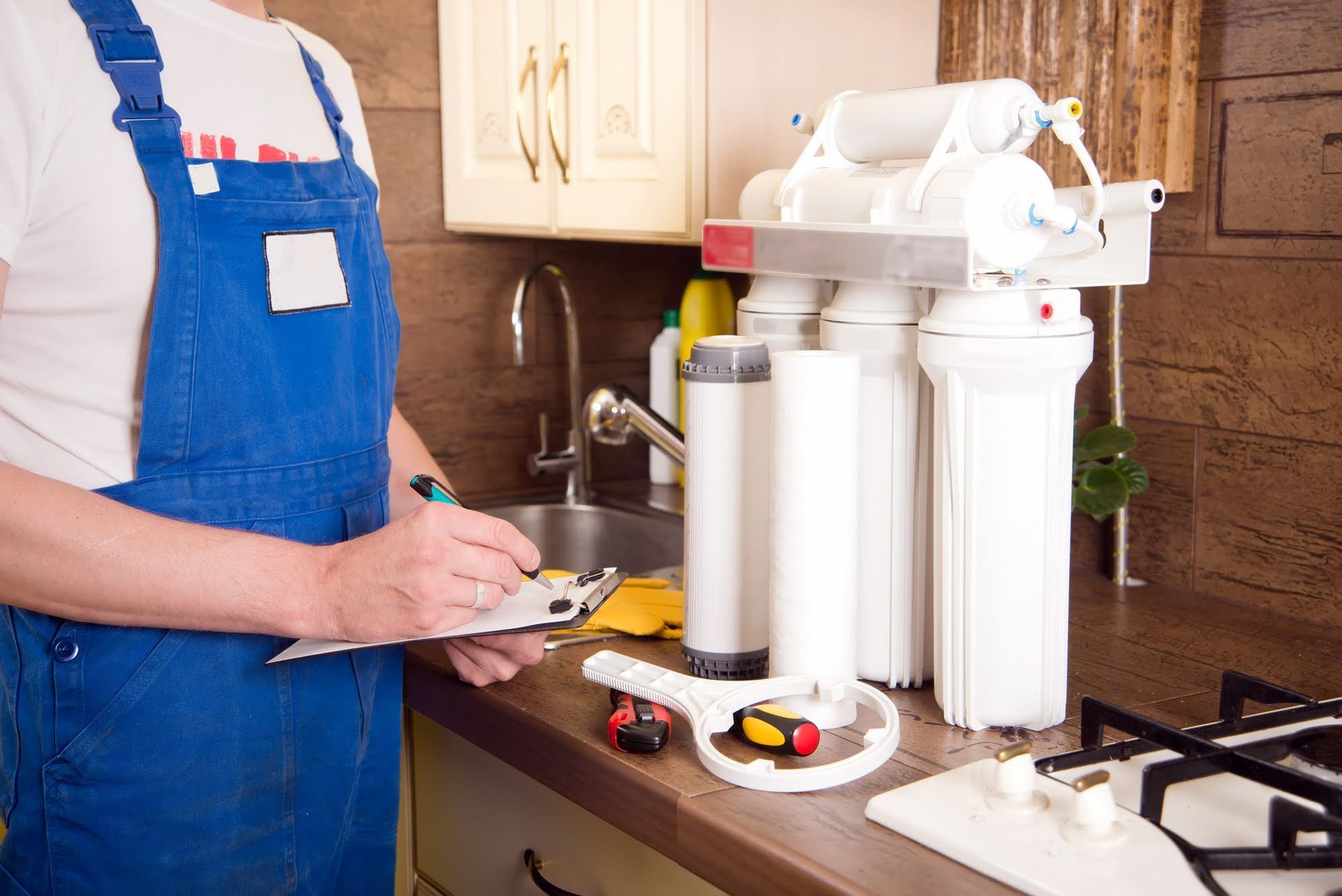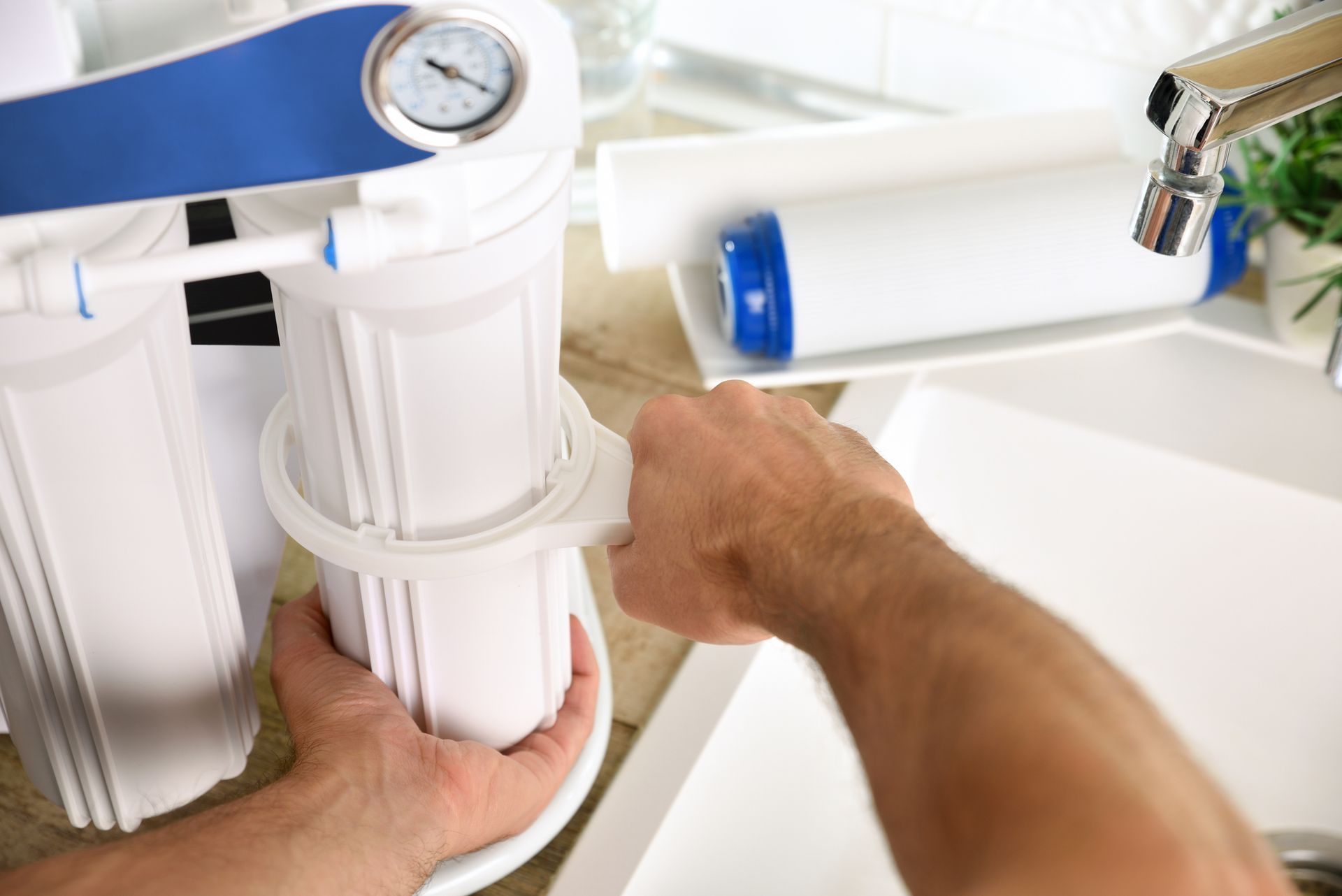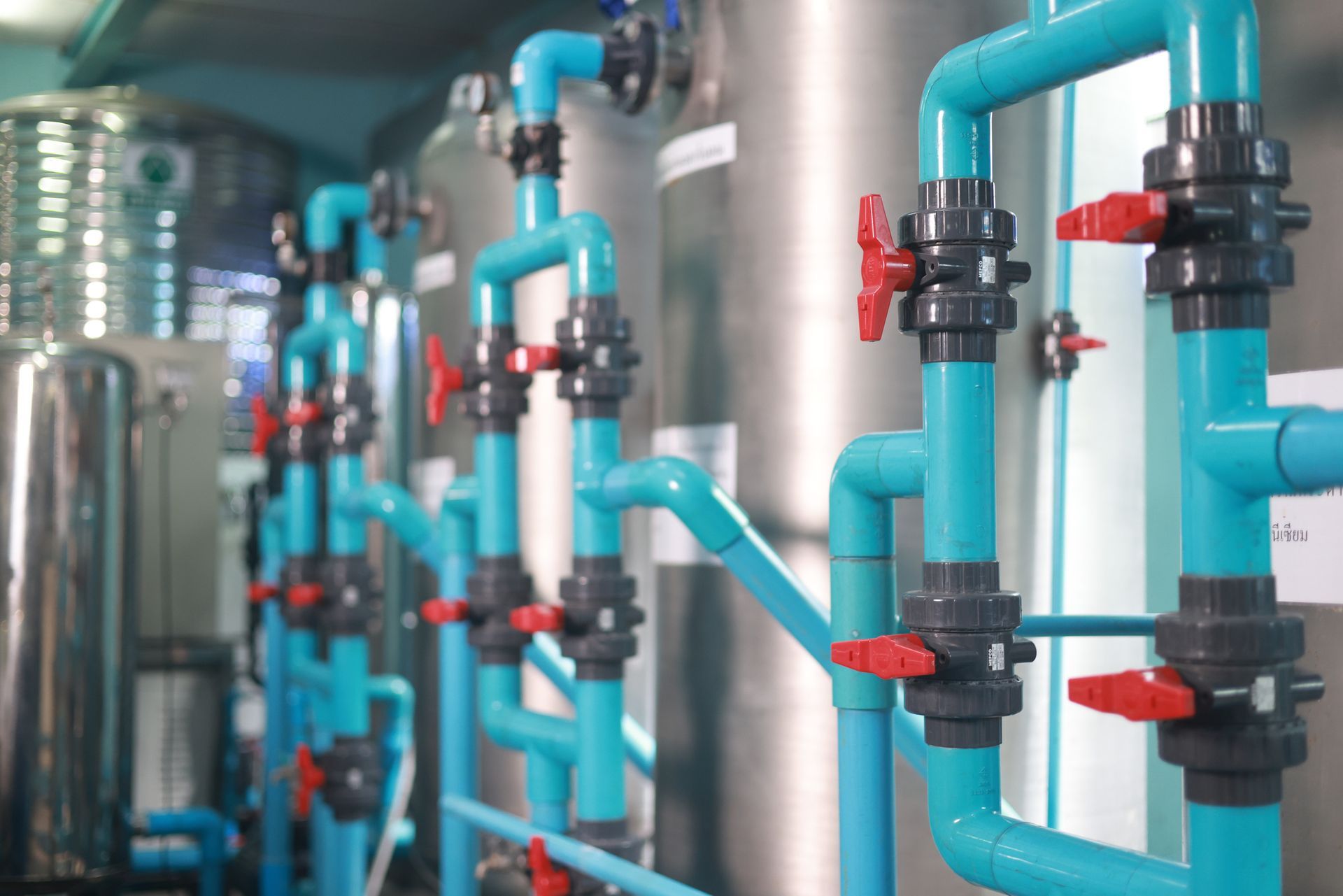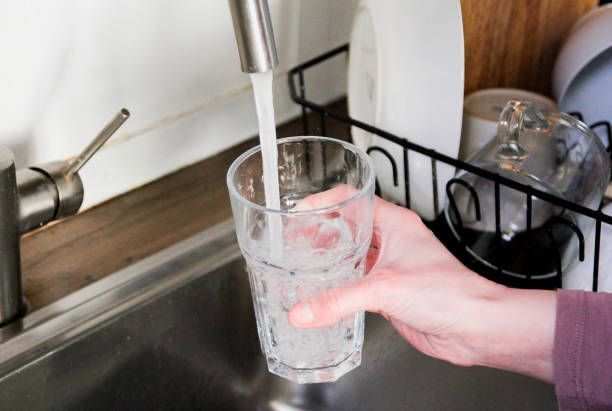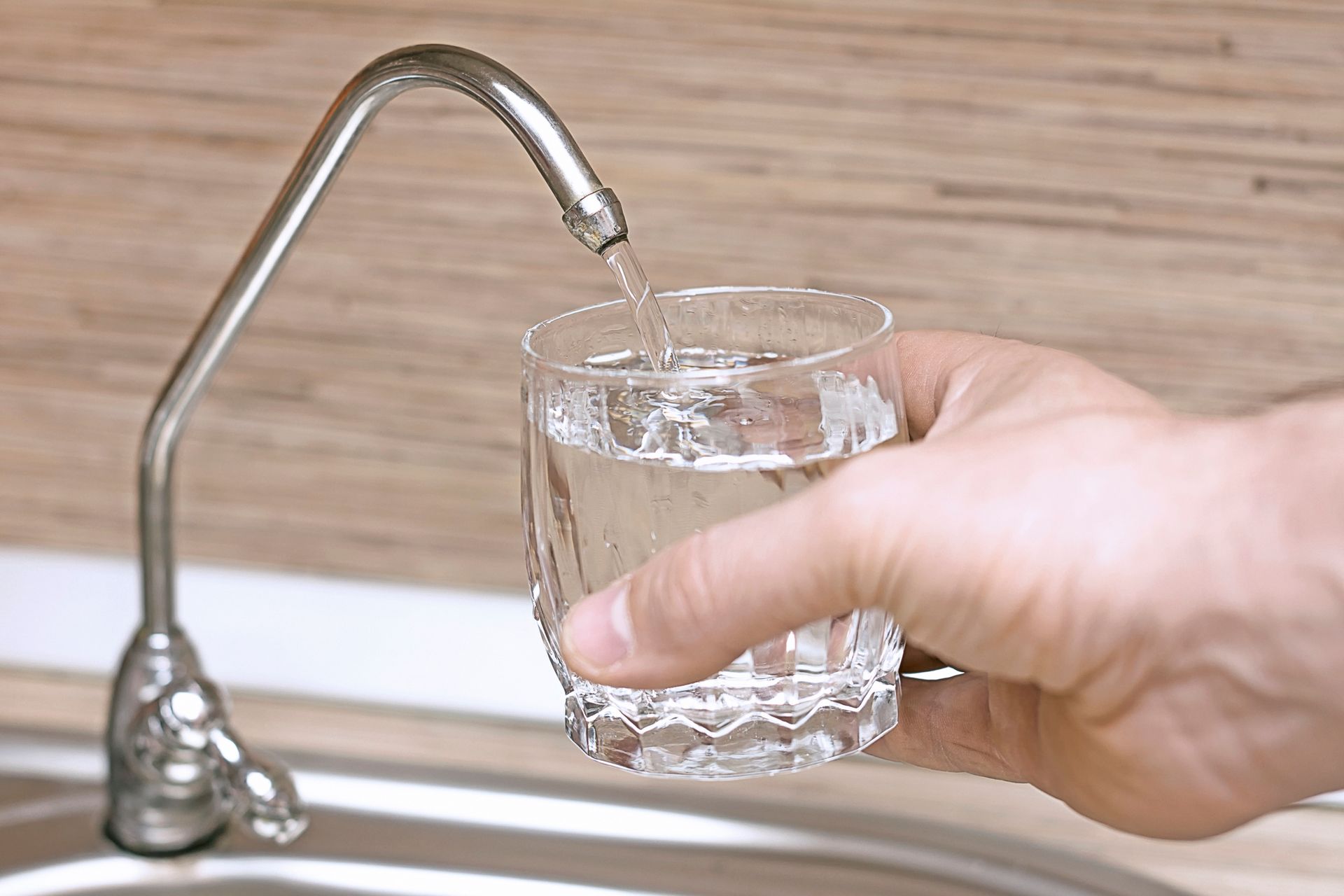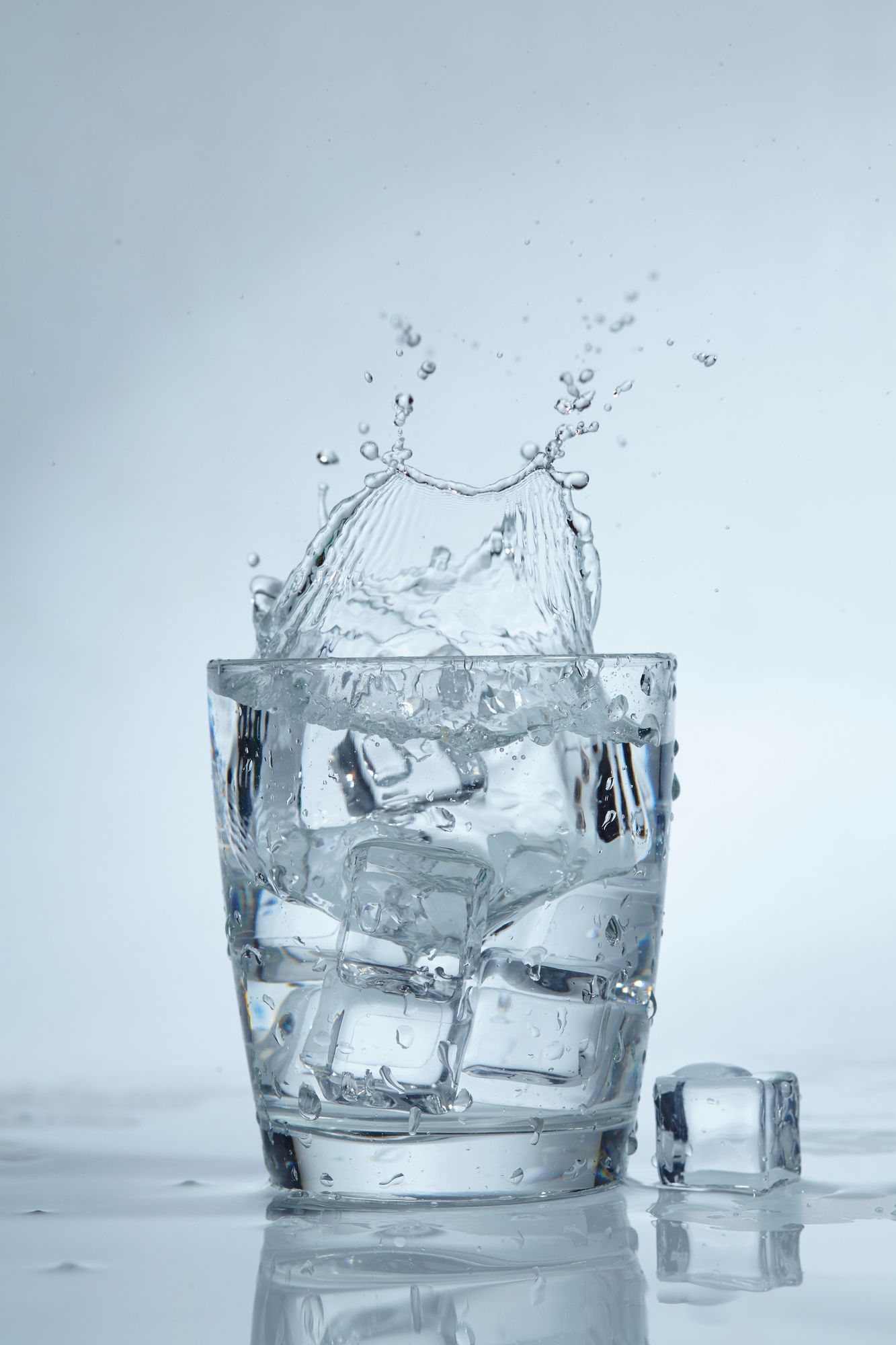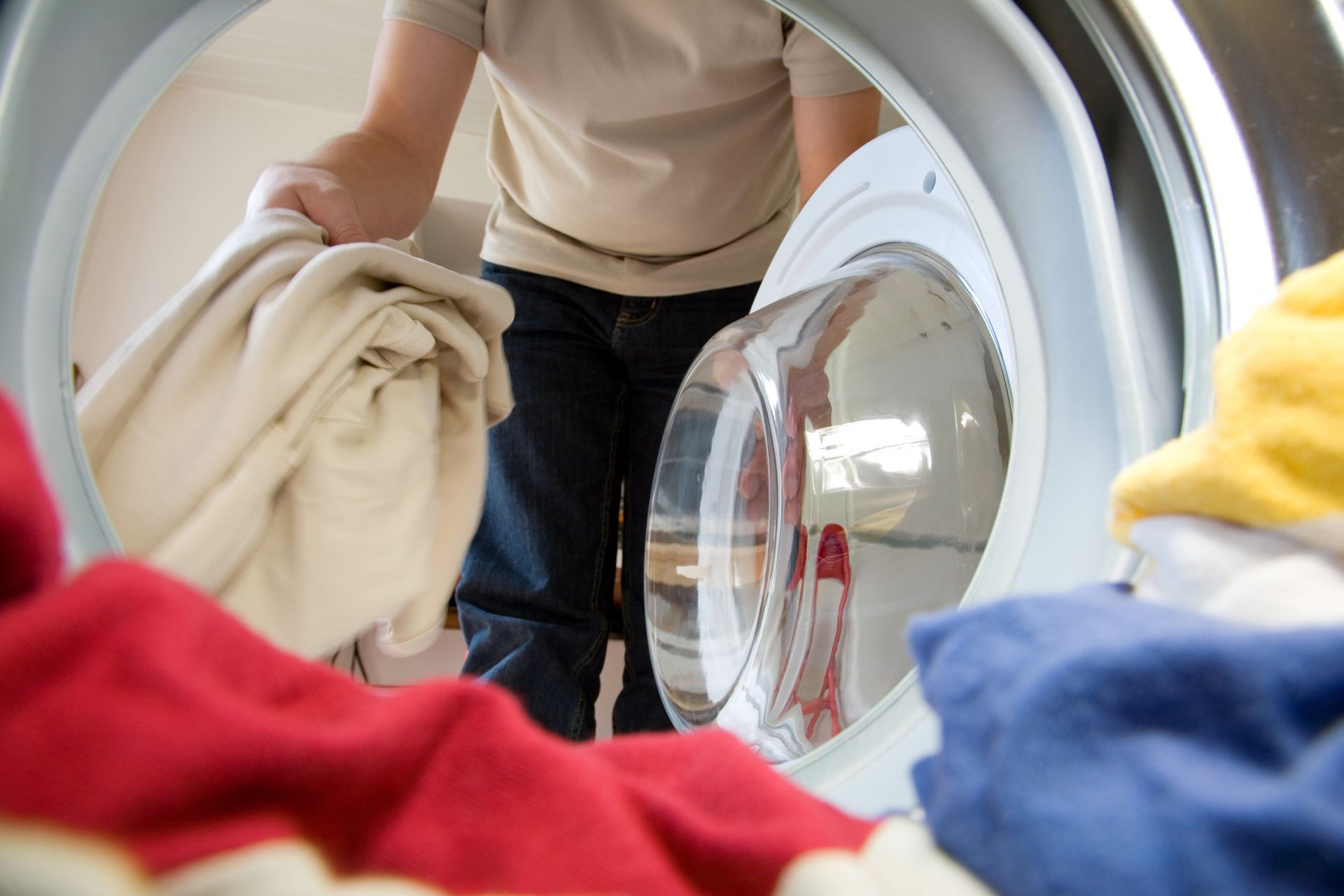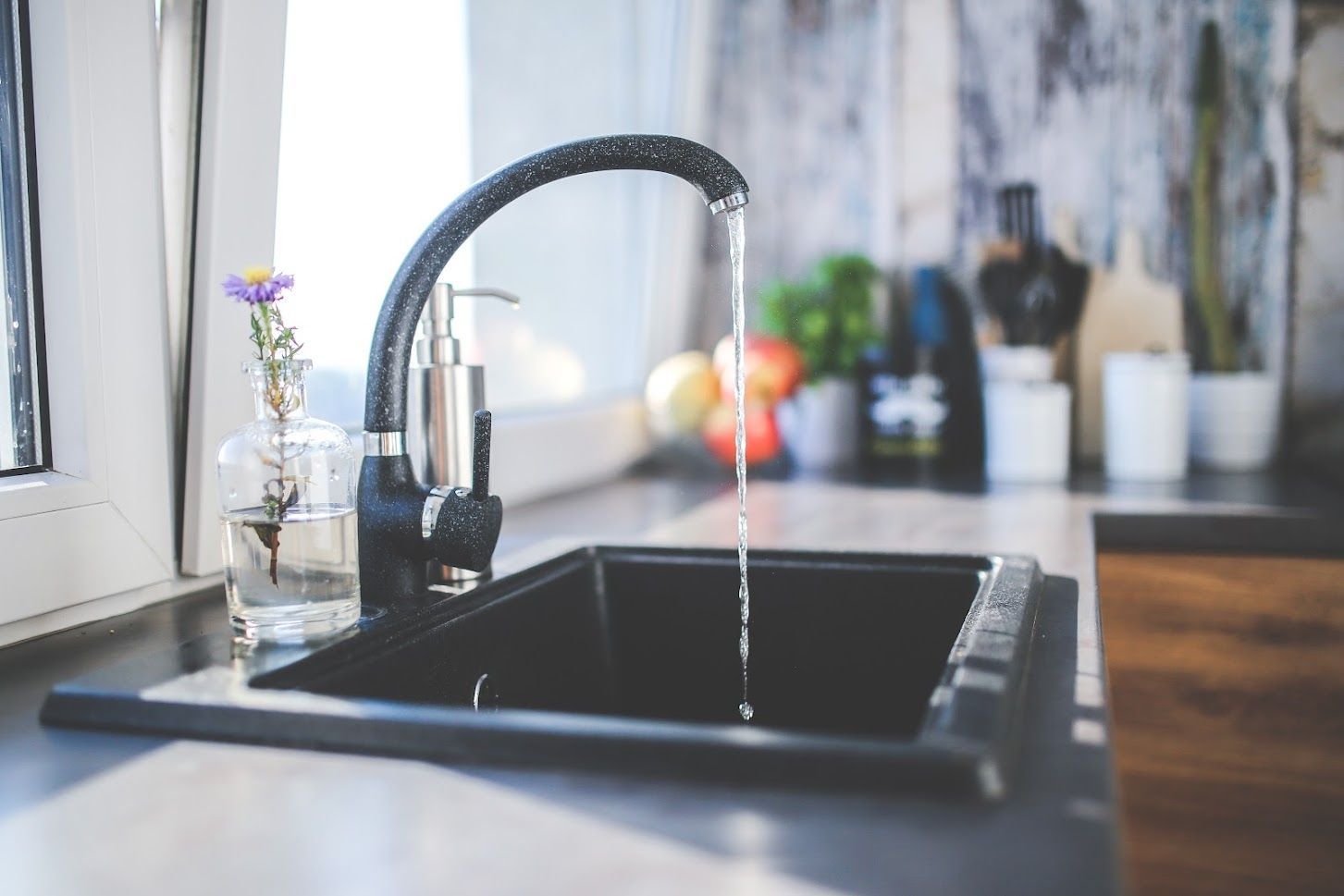FAQS About Home Drinking Water Filtration Systems
Why should you consider adding a drinking water filtration system to your home? Whether you're ready to renovate your kitchen or you're just not happy with what comes out of the tap, take a look at what homeowners need to know about filtration, the benefits of this type of system, and how to make the most out of your drinking water investment.
Are All Home Water Filters the Same?
Simply stated, no. Home water filters are not all the same. This makes it important for homeowners to understand the differences between filtration systems and the mechanisms behind them before they invest in one—or possibly more than one—option.
A drinking water filtration system is exactly what the name implies. This type of system filters contaminants out of your home's tap water. The right system will reduce potentially harmful chemical contents in the water and make what comes out of the kitchen faucet taste better.
This option may or may not filter water in other areas of your home. If you install a filter on or in the kitchen sink, it won't affect the rest of your home's faucets—such as the bathroom sink, tub, or hose hookup. But if you choose a whole-home filtration system, it will reduce contaminants in these and other areas.
Along with general water filtration systems, homeowners may also choose options that target specific contaminants. These could include lead, PFOAs, iron, or the minerals that cause hard water. Each system uses a different type of technology or filtration method to reduce specific types of pollutants, chemicals, or metals in the household's plumbing system.
What Are the Benefits of a Drinking Water Filtration System?
Again, a drinking water filtration system won't remove chemicals, minerals, metals, or other contaminants from every water source in your home. If you want to soften hard water to make your showers better or improve the effectiveness of your washing machine, you will need an additional or different type of system. But if your main goal is to change the tap water for the better, a drinking water system is an ideal option.
The benefits of a drinking water system include a reduction in pollutants or chemicals that you and your household members ingest, improved taste quality, and the environment impact. A drinking water filter eliminates the need to buy bottles of water.
According to the U.S. Environmental Protection Agency (EPA), Americans generated more than 14.5 million tons of plastic solid waste in 2018. The plastic water bottles you may buy for drinking water could end up in a landfill and add to the existing millions of tons of waste. A water filter makes it possible to safely drink from the tap. This helps you to save the planet and also helps you to save money on the cost of bottled water.
Which Drinking Water Filtration System Is the Best Options?
The type of system you choose depends on your household's needs, budget, and preferences. The pore size of a water system's filter allows different types of particles through. Smaller pore sizes, stop smaller contaminants.
According to the U.S. Centers for Disease Control and Prevention (CDC), filters have absolute or nominal/mean pore sizes. An absolute filter has uniform sized pores, while a nominal or mean filter has average sized pores. Filters with absolute pore sizes provide the greatest control against smaller types of debris and micro-contaminants.
While pore size is important, it isn't the only feature to look for in a drinking water filter. Before you invest in a system, talk to the filtration professional or contractor about how the water is filtered (the use of carbon blocks or another technology), what the filter removes from the water, the average flow rate, and the capacity.
Are you ready to install a drinking water filter in your kitchen? Contact McAleer Water Conditioning, Inc. for more information.

